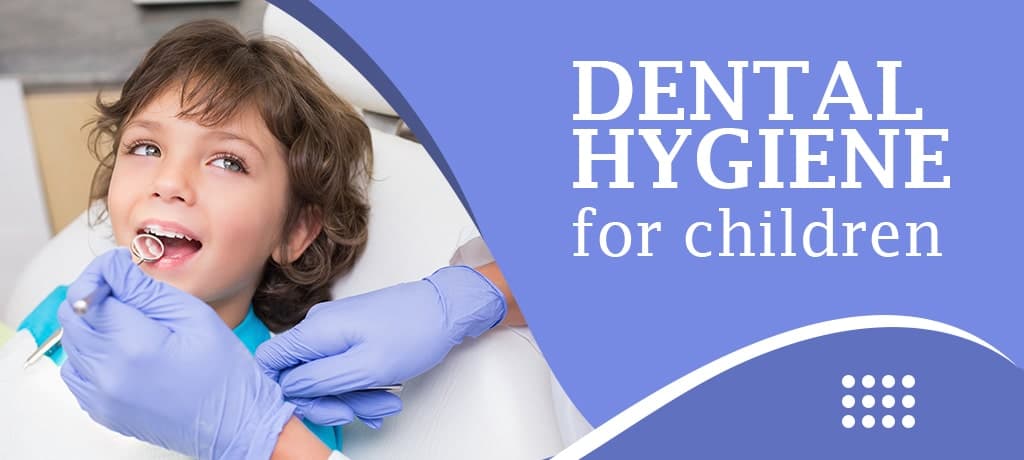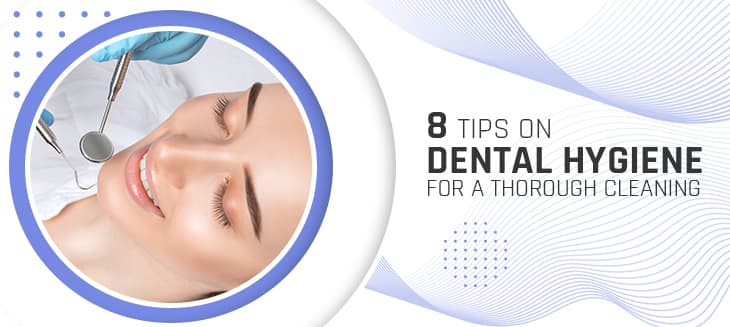Understanding Gum Recession and How Hygienists Help
Gum recession is more common than you might think. It's when the gum tissue surrounding your teeth wears away or pulls back, exposing more of the tooth or its root. If left untreated, it can lead to sensitivity, decay, and even tooth loss.
What Causes Gum Recession?
- Aggressive brushing
- Gum disease (periodontitis)
- Genetics
- Teeth grinding (bruxism)
- Poor dental hygiene
How Dental Hygienists Help
Regular visits to a dental hygienist can help prevent gum recession and catch early signs before they worsen. Professional cleanings remove plaque and tartar buildup that contributes to gum disease.
Conclusion
Understanding gum recession is the first step to prevention. With proper care and regular hygienist visits, you can maintain healthy gums and a confident smile.









